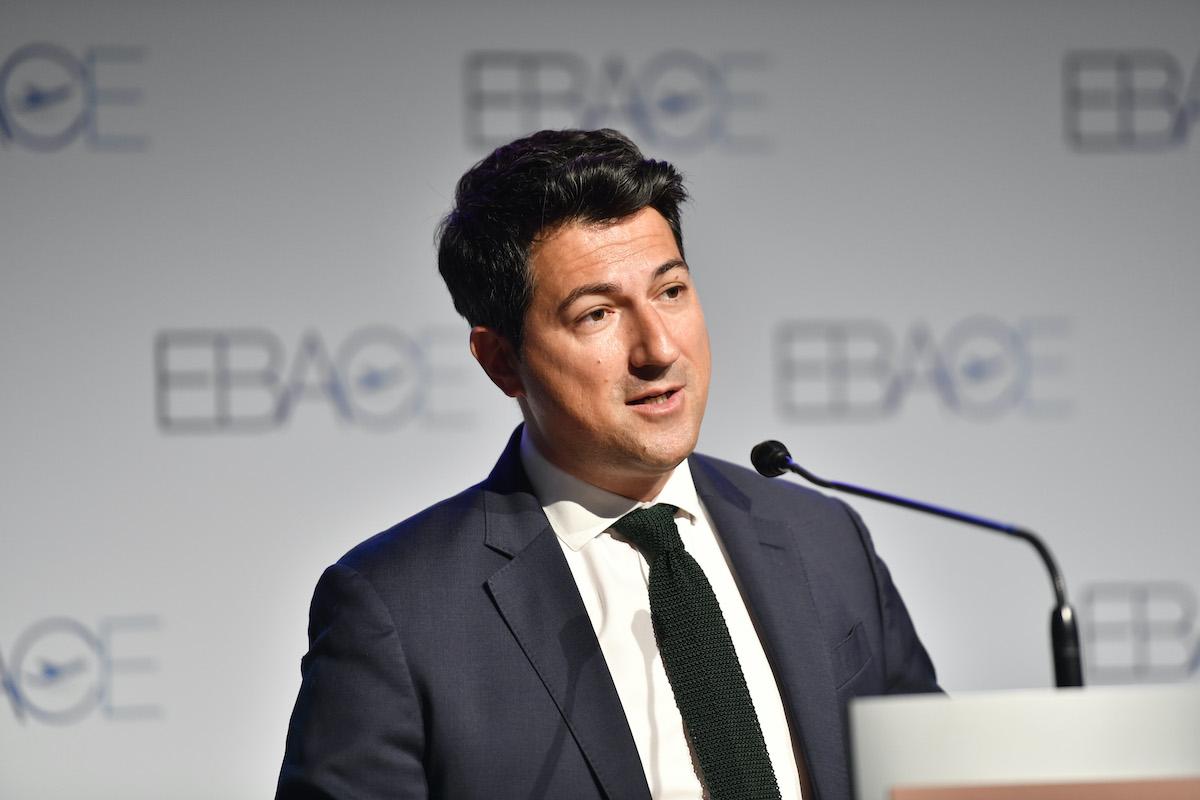
GENEVA—Five years since it was created from the rotary-wing operations of its parent company, Airbus Corporate Helicopters (ACH) has managed to grow its market share while weathering the COVID-19 pandemic and economic headwinds.
Airbus reframed its offering to private-jet customers, establishing Airbus Corporate Jets as a distinct brand and internal division in 2012. Five years later, with the changes considered successful, it did the same with its rotary-wing operations, creating ACH in 2017.
Since its creation, ACH has grown its bookings from 53 helicopters to a record 103 orders in 2021.
“We’re not yet at the levels of 2018 and 2019 in particular, but the market has had a rebound, and within that rebound Airbus Corporate Helicopters has gotten an even further and bigger market share, with a record year for us,” ACH head Frederic Lemos said May 22 at EBACE.
ACH reported booking orders last year for 30 ACH125, 38 ACH130, 9 ACH135, 13 ACH145, 11 ACH160 and two ACH175 helicopters.
“We have the widest range in the marketplace and within this wide range we’ve been doing very well with intermediate singles, with 68 helicopters [booked] in that specific market segment, but also very well in the light twins,” Lemos said.
The Arriel 2D-powered ACH130 with shrouded tail rotor was the company’s best-selling helicopter. ACH launched the Aston Martin Edition of the ACH130 in January 2020 in partnership with luxury automaker Aston Martin Lagonda. The company reports 14 bookings and six deliveries of the special-edition helicopter to date.
The partnership originally planned to produce 15 Aston Martin-styled helicopters over three years; the companies have decided to extend the arrangement to another 15 helicopters, Lemos announced.
ACH has not been significantly set back by Russia’s invasion of Ukraine in February and the sanctions against Russia that resulted, Lemos said. The Russian market “still represents a small portion of our bookings—10% last year,” he advised. “But we’ve been very confident because of the market rebound to compensate this 10% impacted market, and all of the helicopters that we were about to deliver but could not have been reallocated.”






